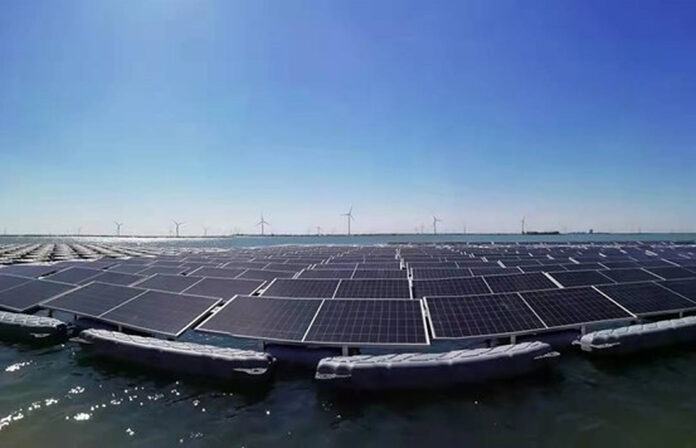Engie has bought 6GW of solar and battery storage projects from Belltown Power in the United States, further strengthening the group’s project pipeline throughout the country.
The 33 early to late-stage projects comprise 2.7GW of solar, 0.7GW of solar-plus-storage, and 2.6GW of stand-alone battery energy storage systems (BESS), which are distributed around the country by ERCOT, PJM, MISO, and WECC.
The portfolio will accelerate the development of clean energy across the United States and “contribute to the grid’s flexibility to improve its reliability and resiliency,” according to Engie’s senior executive vice president in charge of renewable, energy management, and nuclear activities, Paulo Almirante.
As of June 2022, Engie has 3,9 GW of installed capacity in North America. Almirante stated that this transaction exemplifies ENGIE’s ambition to accelerate its investments in renewable energy in its major areas. It is a significant step toward our objective of 80GW of installed renewable power by 2030.
In April of this year, Engie purchased 17 early-stage solar and energy storage projects from fellow French firm Photosol. After the 4GW Photosol transaction, the purchase of Belltown significantly strengthens the company’s renewables pipeline in the United States, putting it into double digits.
According to PV Tech’s sister site Energy-Storage.News, Belltown Power has sold 14 projects totaling around 2.5GW by November of last year. This transaction demonstrates the substantial expansion of the Texas-based PV and energy storage company over the past year, a period in which the Inflation Reduction Act (IRA) has resulted in considerable tax benefits for solar production and development. SERIS, which is located at the National University of Singapore (NUS), will provide expertise in design and component selection, as well as the installation and operation of the floating solar platforms. To measure the power density of the turbines and paddles, NTU will develop tidal models of tidal flow conditions.
According to Thomas Reindl, deputy CEO of SERIS, “SERIS is thrilled to provide its expertise to this innovative method of combining floating solar with other sustainable energy sources.” SERIS is one of the world’s top research institutions on floating solar. If successful, the suggested hybrid technology would have significant export potential.





